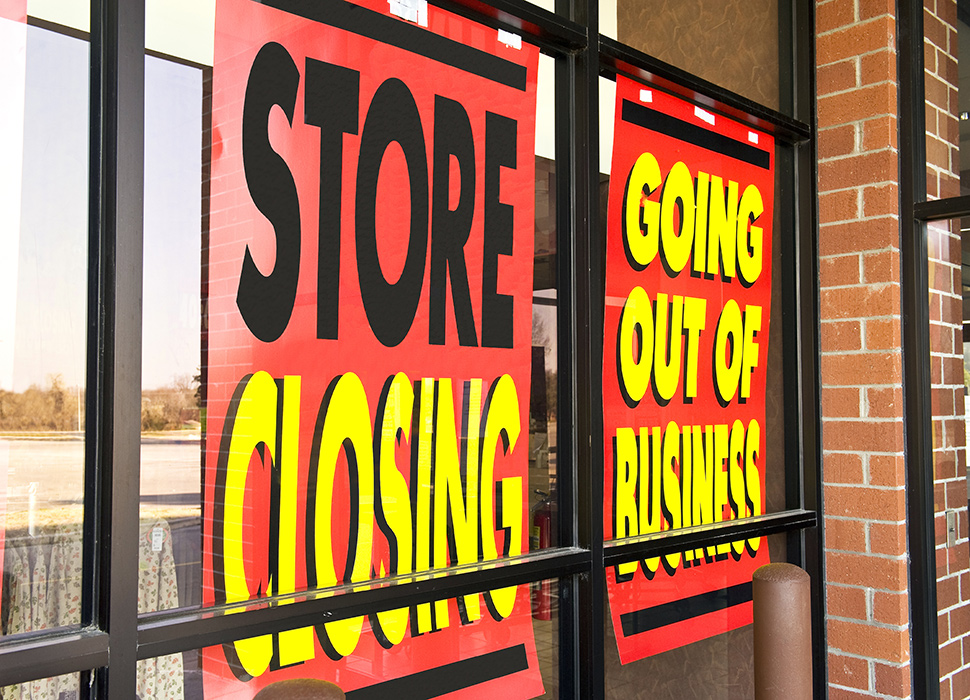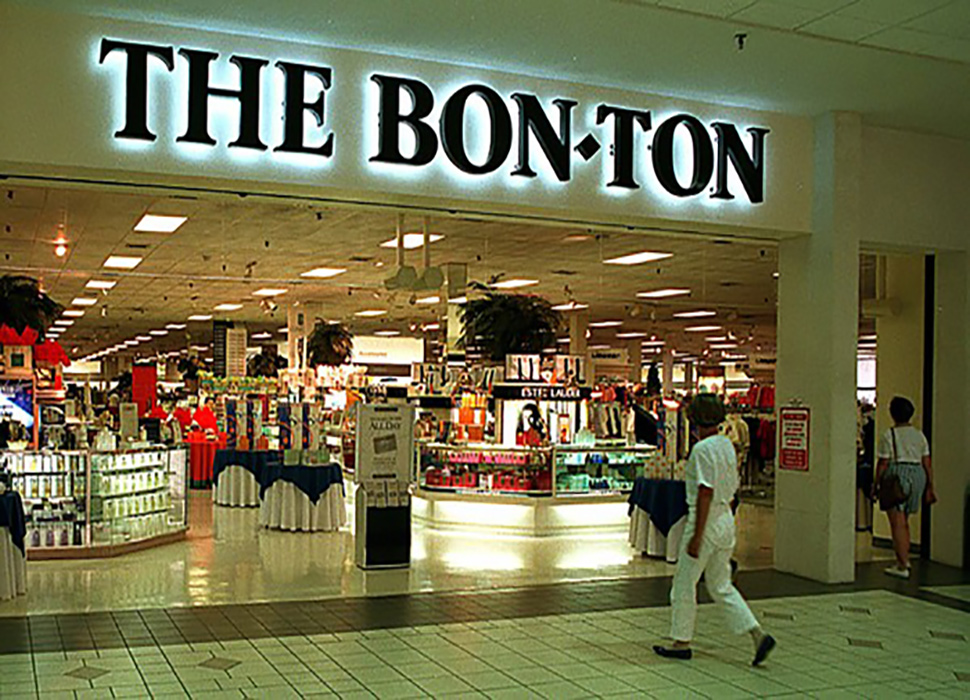You’re a consumer, I’m a consumer – we’re all consumers, and in today’s modern world, appearance goes a long way and captured the attention of millions. The evolution of consumerism has rocketed forward in the last 10 years bringing the supply chain world with it.
Picture this: 10 years ago you walked into a brick and mortar store, found those amazing jeans the model had on in the catalog only to discover they don’t have the right size. Back then you more than likely would have accepted the item was unavailable and perhaps you waited for it to be restocked. The key word here being “waited”. A store associate even told you when to check back into the store for those jeans. Or maybe you chose to order them from the catalog and called to place the order. Those jeans would arrive in 1 to 2 weeks. Great!
Today, the demand in the fashion and apparel industry is a 24/7/365 operation. Consumers expect to be able to order those same jeans in the store, online. They then want immediate gratification of them arriving in the mail the next day. Here’s another scenario: the consumer  asks the salesperson to order the item and they realize it’s completely out of stock online and don’t know when it will be restocked. Good luck to the employee delivering that news. That’s just unacceptable in today’s world.
asks the salesperson to order the item and they realize it’s completely out of stock online and don’t know when it will be restocked. Good luck to the employee delivering that news. That’s just unacceptable in today’s world.
The demand in retail has grown exponentially over the years. We have things like Etsy, online garage sale sites and overnight shipping where you pay almost the same amount as the product itself. But people go nuts over it! Stores have to compete with retail giants that only exist in a virtual world because consumers would rather sit on the couch to shop versus getting in the car and driving five miles down the road. It’s way more convenient for them to order clothes online and if they don’t fit, you just put them back in the box, schedule a pick-up and it’s good riddance.
What else do store have to compete with? Protecting their brand. One reason B2B shipping fails is due to brand loyalty. Consumers expect brands to have products shipped to the right place at the right time. Retailers are on the front line on this consumer explosion not the suppliers. But if the supplier’s supply chain fails, or can’t keep up due to outdated software, they lose a client. On the flip-side, if a product is not stocked in the stores, people will shop elsewhere. If it doesn’t meet quality expectations, people will return the item and complain on social media, deterring other consumers from shopping there.
Malls are feeling even more pressure with the boom in e-commerce. Many of their anchor stores have closed or are closing in the near future due to a lack in foot traffic. Consumer habits are undergoing a rapid change. More notably the decrease in interest in spending a Saturday afternoon at the mall with friends. in 1970, Randall Park Mall east of Cleveland was the largest mall in the U.S. In 2015, they closed and the land was revived in 2017 as an Amazon fulfillment center. Ironic.
So what can we as supply chain professionals do to compete with this trend? Is B2B shipping a thing in the past? Will it be extinct in the near future?
For the past 20 years the demand for supply chain collaboration between retailers and suppliers. Poor order fulfillment and late shipments are often the result of poor visibility to demand and order regulations put in place by the retailer.
In arecent benchmark study on the state of retail-vendor supply chain relationships, both retailers and vendors were asked to rate the barriers to better collaboration.
What was discovered? The top rated barrier for both retailers and vendors/manufacturers is a lack of quality/availability of data to act upon to collaborate (scale of 1 to 7, with 7 being the highest barrier – score is the average among respondents). This lack of actionable information is of course the essence of the initiatives around ECR, CPFR, RFID, etc.



